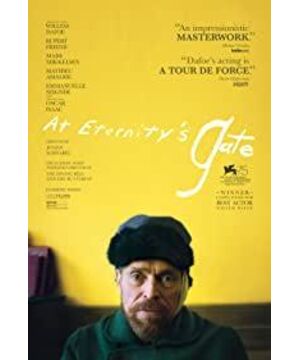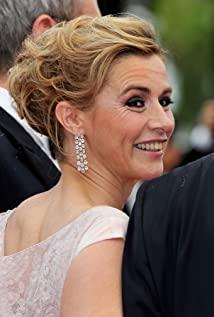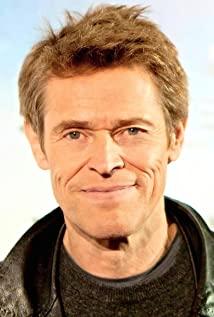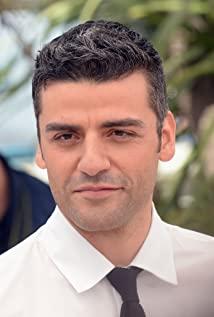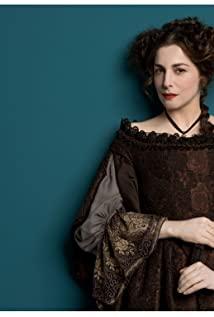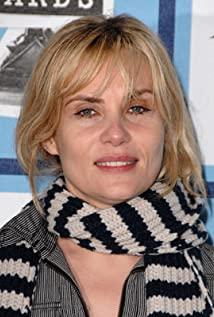I’m going to talk to you about a "biographical" movie, and this time there is a film nominated for the Oscar "male protagonist".
This one tells the story of the great artist "Van Gogh", "Van Gogh: At the Gate of Eternity", and last year's "Van Gogh: The Mystery of Starry Night", it took six years to use 60,000 hand-painted oil paintings. Completion, and different from the mystery of the starry night, "At the Gate of Eternity" is completed with a "realistic" and first-person main visual. It is the same as Van Gogh's chaotic life, but it is a completely different depiction of Van Gogh.
The story is quite a biographical presentation of the last period of Van Gogh’s life. The entire plot axis is paved from the impressionist artist Vincent Van Gogh (played by William Dafo) and the last crazy time before suicide.
Even if he is laughed at, the artist who is said to be insane, in such a mentally exhausted state, has created many shocking and world-renowned works. He is the weakest, but the most inspirational. At that time, how did his mind and world change?
This is a biographical film, but it is more like an interpretation of Van Gogh’s diary. He records how he faced and viewed the mood during major events in his life, as well as those times, what he created The beautiful Yoshimitsu Kataba.
Van Gogh is actually a very literary film, much like a documentary by Van Gogh. It uses the first-person perspective to shoot and analyze the legendary artist, the constantly vibrating picture is presented, and then the black screen and confession are cut off. The director used a self-reported tone to explain Van Gogh’s mood, and then the picturesque scenes were very stunning under the director’s lens, but it is true that this movie is too artistic, although watching It is quite interesting that Van Gogh and Gauguin are talking about the painters, but their relationship and interactive content really seem to be in the history of Western art.
In addition, the frequent hand-held and close-up shots, the repetitive dialogue between the surrounding texts, the deliberately increased narration and a large number of Van Gogh's inner dramas really make this movie very uncomfortable, although it uses a lot of things that we are familiar with. The painting serves as an introduction, but it uses a very different perspective to explain Van Gogh’s behavior. It uses a perspective that is quite different from public perception but is possible. For example, Van Gogh is not as crazy as everyone thinks. Kindness and gentleness, he used such a perspective that is quite different from that of the world. Why did Van Gogh have a mental breakdown, why he had to cut off his ears, why he was admitted to a nursing home, and what was his inner world? And to understand why he paints?
How to choose different themes in each period? It's really like an interpretation of Western art history. People who like it will like to watch interviews with these artists as if they are still alive, and listen to them discussing the paintings they recognize, their pursuit and persistence in painting.
But I believe that most of the audience will feel tired!
Then I really want to praise that William Dafoe is really the actor!
The trance and madness, as well as the slenderness of the artist, can be interpreted in the same way.
Although it is at least 25 years old from Van Gogh at the time, the complexity of the vicissitudes of life, as well as the downturned charm and the state of artistic excitement, have been completely and wonderfully presented, even the dressed-up Dafo and Van Gogh's The similarity of self-portraits is also very scary.
In addition, although there are not many points in the play, but Cannes actor Max Mickelson, Golden Globe actor Oscar Isaac, such a cast is really amazing! And Oscar Isaac's performance by Gauguin is chic and straightforward.
And the pastor of Max Mickelson who is like a counselor, there is really little interaction, but they are all tasteful!
In addition, there is also a wonderful scene between Ruber Flanders and William Dafo, who played Van Gogh’s younger brother, especially William Dafoe who needs to be comforted like a child in an instant, as well as Ruber Flanders’ affection with him. It's all real.
This movie is very interesting to analyze Van Gogh’s pursuit of eternal loneliness and perseverance, and even boldly says "Van Gogh may not be suicide". The whole movie is presented through a lot of light, toning, and shaking. The visual sense of Van Gogh’s oil paintings may be seen from that lens. It is not necessarily the world that Van Gogh recognizes, but it is indeed another possibility. It is indeed the world of Van Gogh as seen by the director and the rhythm of the film. Quite slow, the plot of the story is actually not much, and there is considerable blank space. This is indeed not a commercial mass film, but if it is a friend who is interested in art, and is interested in the blank space of the film and the use of long shots , Or an audience who wants to see William Dafo's deep acting skills, then please sleep full, and then go to the cinema to see this very artistic Van Gogh!
Dear Mr. Blog, this is actually a movie that rejects fake literary youth, so if you are not a literary youth in your bones, I don’t think you need to go to the cinema to waste two hundred yuan!
above!
View more about At Eternity's Gate reviews


